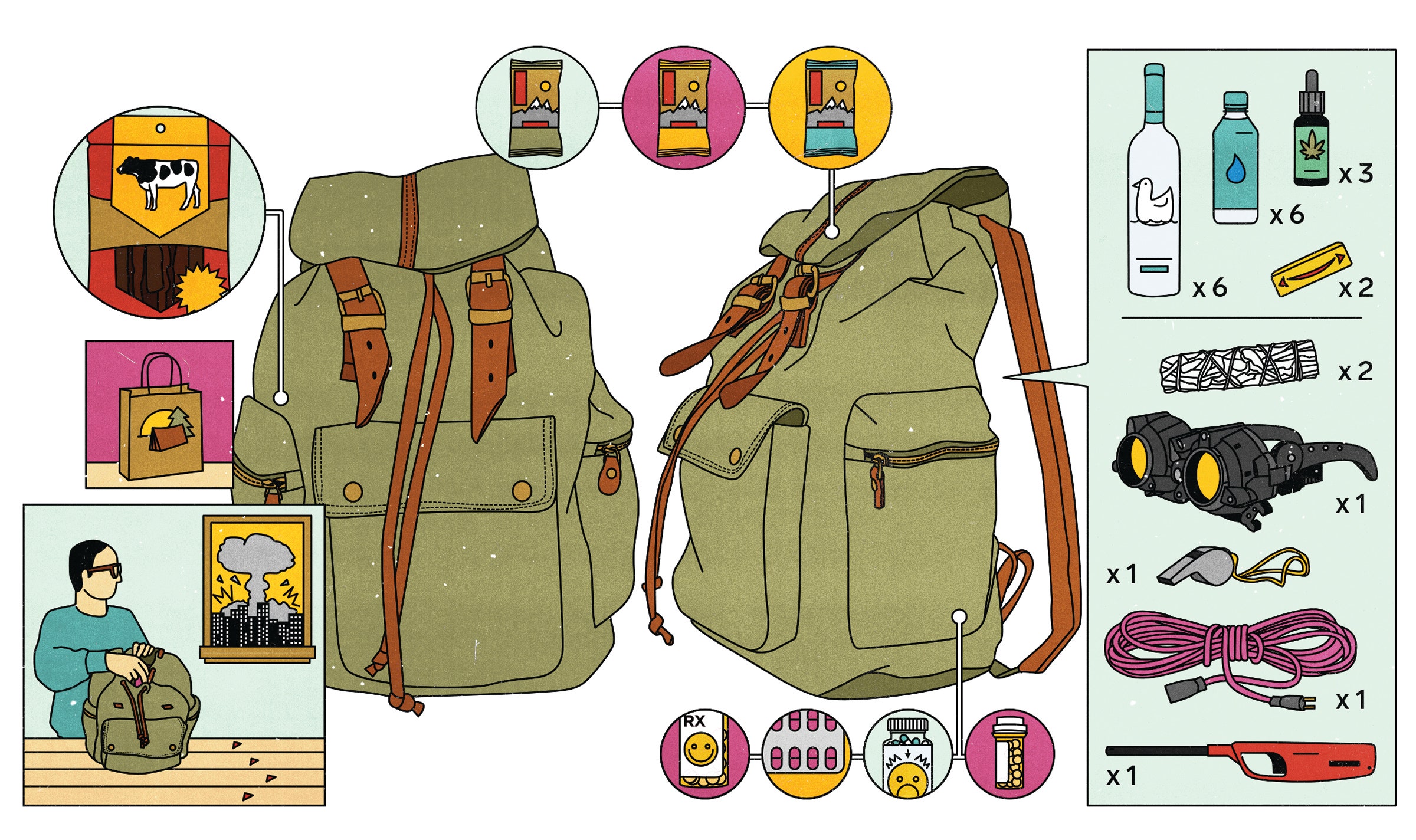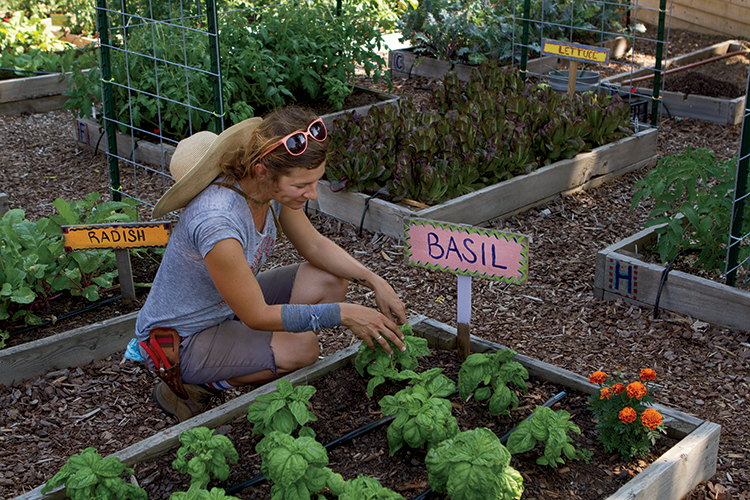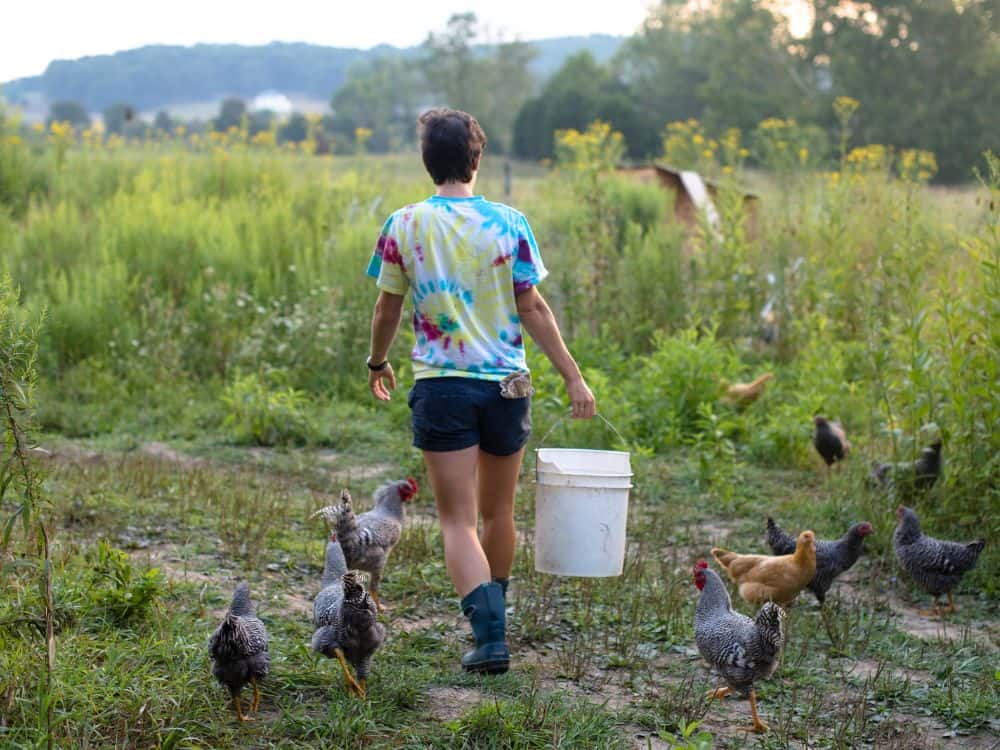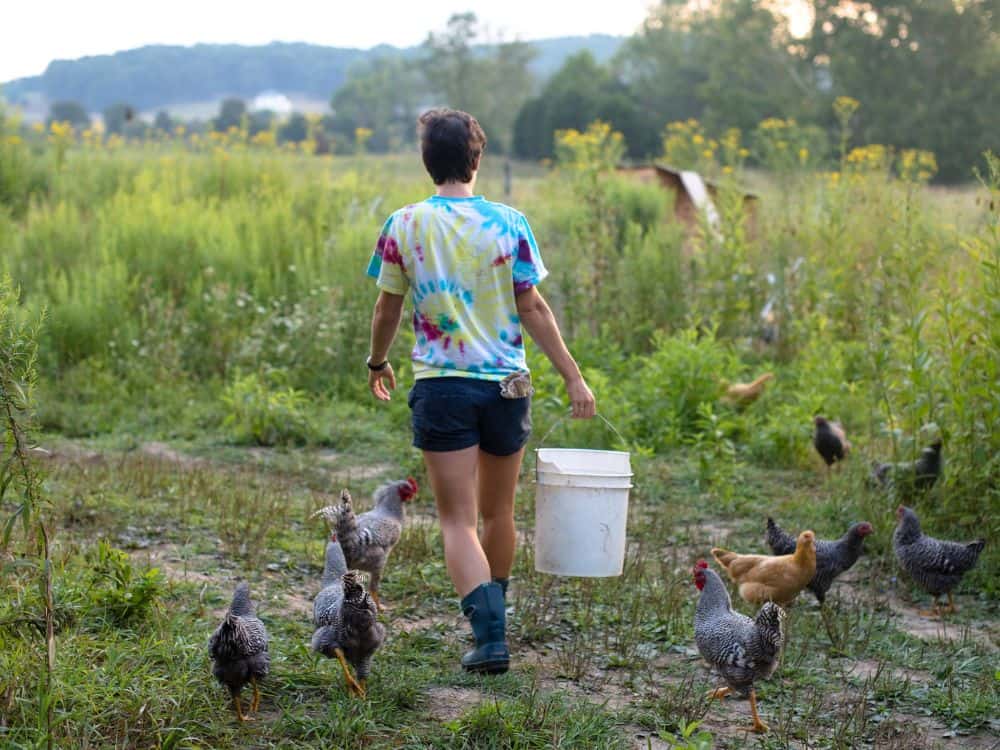Living Simply Off the Land: A Guide to Self-Sufficiency
Living off the land can be a rewarding and sustainable way of life. In today’s world of technology and convenience, many of us have lost touch with the natural world and the satisfaction that comes from living a simple life. However, with a little knowledge and effort, anyone can learn to live off the land and become more self-sufficient.
Here are some tips to get started on your journey to living simply off the land:
1. Start small
It’s important to start small and gradually build up your self-sufficiency skills. Start by growing a small vegetable patch or keeping a few chickens. You can also learn foraging skills and begin to identify wild edible plants in your area. As you become more comfortable and confident, you can expand your efforts and take on more ambitious projects.
2. Learn basic survival skills
Learning basic survival skills can be critical in the event of an emergency or if you find yourself in a situation where you need to live off the land. Some essential skills to learn include identifying edible plants and animals, building a shelter, starting a fire and purifying water.
3. Reduce your dependence on external resources
One of the key principles of self-sufficiency is reducing your dependence on external resources. This includes using renewable energy sources such as solar or wind power, collecting rainwater for irrigation and using composting to enrich your soil. You can also reduce your reliance on processed foods by learning to preserve and store your own food.
4. Be mindful of the environment
Living off the land also means being mindful of the environment and practicing sustainable living. This includes using organic methods to cultivate your crops, practicing permaculture, and avoiding using harmful chemicals or pesticides that can harm the ecosystem.
5. Connect with like-minded communities
Living simply off the land can be challenging, but it’s important to connect with like-minded communities for support and inspiration. Community gardens, local farmer’s markets, and online forums can be great resources for learning and exchanging ideas with others who share your passion.
In conclusion, living simply off the land is a fulfilling and rewarding way of life that can provide many benefits. It requires a change in mindset and a willingness to learn new skills, but the rewards, both tangible and intangible, are well worth the effort. By becoming more self-sufficient, you can reduce your impact on the environment while increasing your connection to the natural world. So, start small, and embrace the journey towards a more sustainable way of life.











